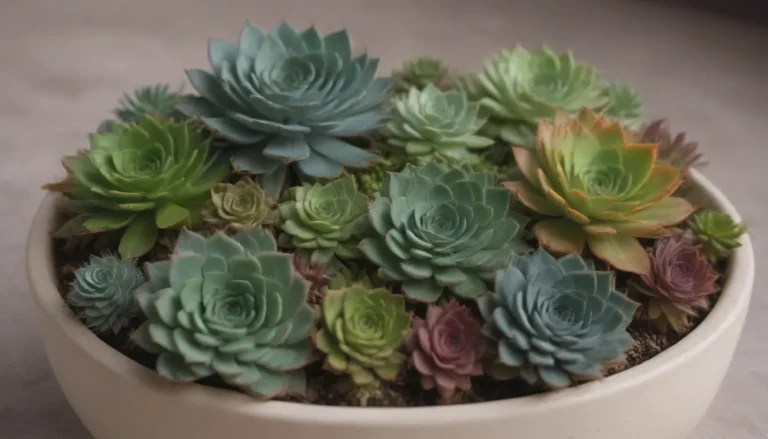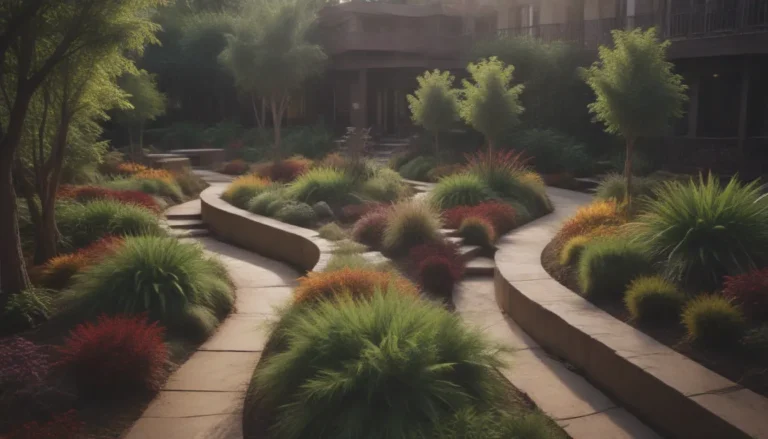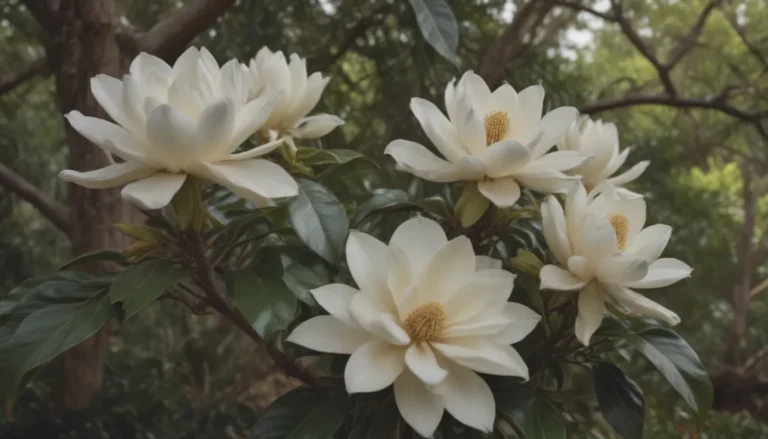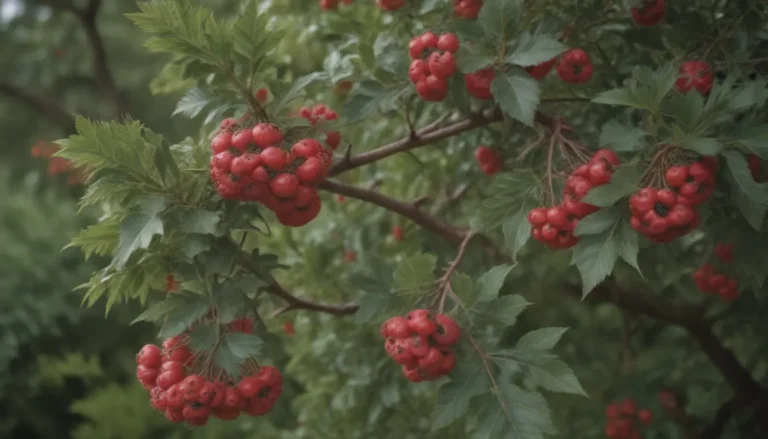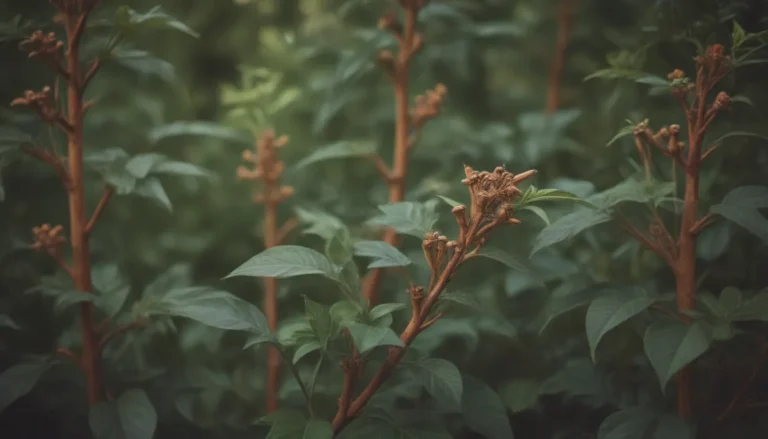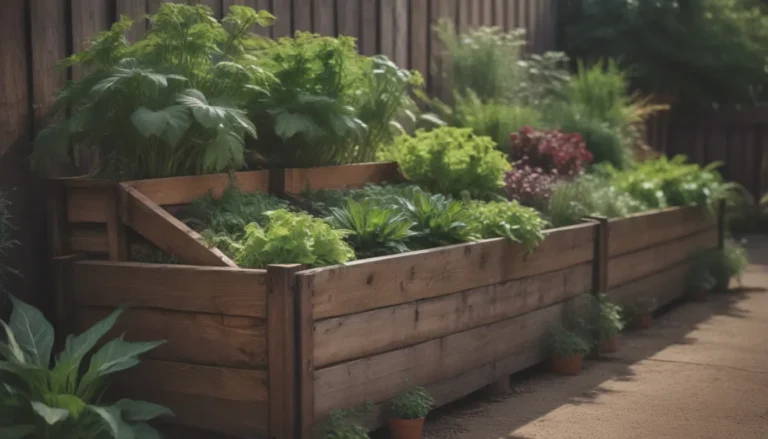The Ultimate Guide to Managing Autumn Leaves: Mulching, Raking, and Composting

Autumn is a beautiful season filled with vibrant colors and cozy vibes. However, as the leaves start to fall, many homeowners are faced with the daunting task of cleaning them up. If you have a large lawn with numerous trees, leaf cleanup can feel like a never-ending chore. But fear not! In this comprehensive guide, we will explore the best methods for managing autumn leaves to keep your lawn healthy and your garden thriving. Whether you choose to mulch, rake, or compost your leaves, we’ve got you covered with valuable tips and tricks to make the process more manageable.
Why Leaf Cleanup is Essential
While it may be tempting to let the leaves stay on your lawn, it is crucial to remove them for the health of your grass. Leaves left on the ground block sunlight and air from reaching the turf, leading to potential issues such as turf diseases and even grass death. Rain and snow can turn fluffy layers of leaves into suffocating mats, exacerbating the problem. By clearing away the leaves, you can ensure that your lawn stays healthy and vibrant throughout the autumn season.
Mulching: The Easy and Beneficial Method
Mulching is one of the simplest and most beneficial ways to manage your autumn leaves. By shredding the leaves with your lawn mower soon after they fall, you can create organic matter that will benefit your lawn. Here are some key benefits of mulching:
- Organic matter from shredded leaves can help feed your lawn
- Mulched leaves can suppress weed growth
- Shredded leaves blend in with the grass and disappear from sight
If you’re worried about the appearance of brown leaf bits on your lawn, fret not. The shredded leaves will filter through the grass and seamlessly blend in, especially in northern lawns that go dormant during the winter. Mulching is a low-effort, high-reward method that can improve the health of your lawn while reducing the need for additional fertilizers.
Raking: When Mulching Isn’t the Best Option
While mulching is an excellent choice for managing leaves, there are times when raking is a more appropriate method. If the fallen leaves harbor diseases that could infect other plants in your garden, it’s best to rake them up and dispose of them properly. Diseases that are host-specific can linger in leaf mulch over the winter and reinfect plants in the spring. Here are some key points to consider when raking leaves:
- Raking prevents the spread of diseases that may infect other plants
- Bagging raked leaves in yard waste bags helps prevent water pollution
- Raking is necessary when mulching is not suitable for the specific leaf conditions
In some communities, residents rake leaves into the streets for city workers to sweep up. However, this can lead to leaves washing into sewers and waterways, contributing to nutrient pollution and algae growth. By bagging your raked leaves and disposing of them properly, you can help protect the environment and keep your lawn healthy.
Composting: Turning Leaves into Garden Gold
If you want to remove leaves from your lawn while still reaping their benefits, composting is the way to go. While composting requires some patience, it is a rewarding way to turn leaves into a valuable product for your garden. Here are some tips for successful leaf composting:
- Ensure proper balance of green and brown materials in your compost pile
- Turn the compost regularly to aid in the decomposition process
- Use composted leaves as nutrient-rich soil amendment for your garden
Composting leaves not only reduces waste but also creates a nutrient-rich fertilizer that can enhance the health of your plants. By following simple composting practices, you can turn your autumn leaves into “garden gold” that will benefit your garden for years to come.
Conclusion
As autumn approaches and the leaves start to fall, it’s essential to have a plan for managing them effectively. Whether you choose to mulch, rake, or compost your leaves, each method has its own benefits and considerations. By taking the time to properly care for your lawn and garden, you can ensure that they thrive throughout the autumn season and beyond. Remember, leaf cleanup doesn’t have to be a chore – it can be a rewarding way to care for your outdoor space and create a healthier environment for your plants. So grab your rake, fire up the lawn mower, or start a compost pile – your lawn and garden will thank you for it!
